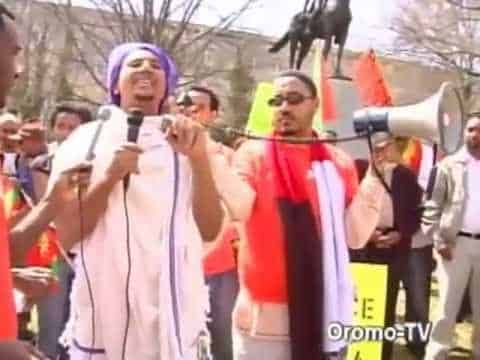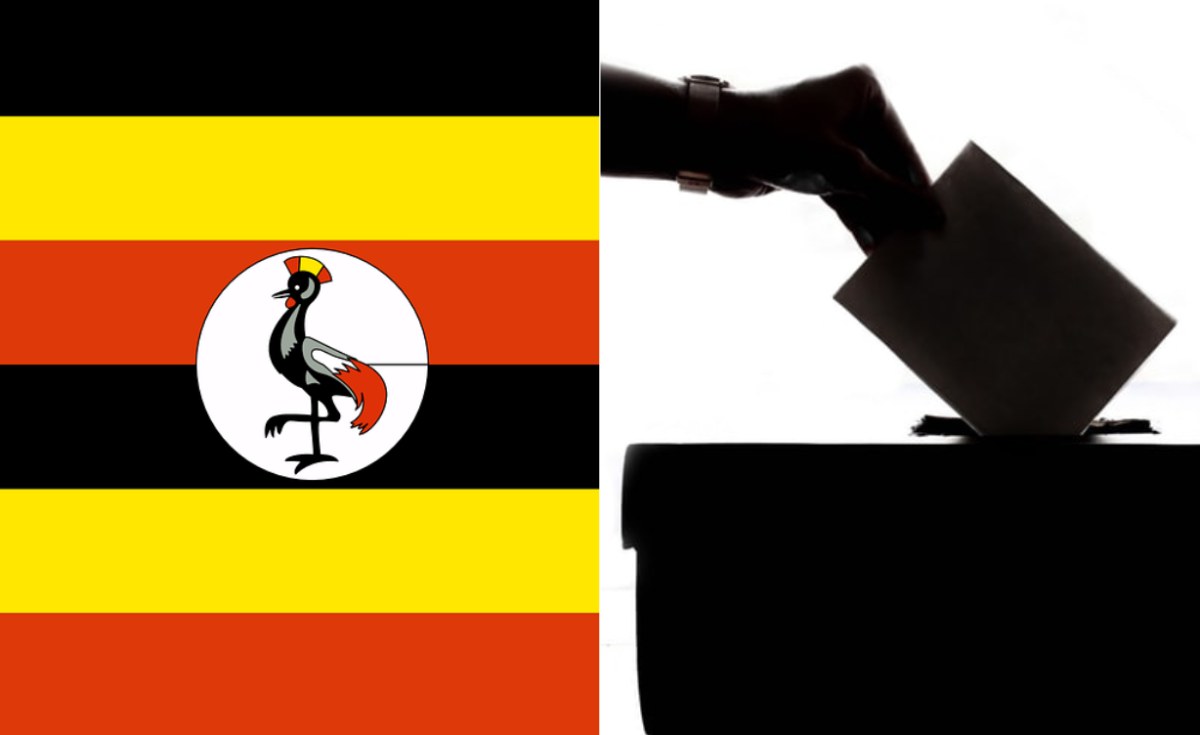With the 2026 general elections fast approaching, Uganda faces mounting concerns over its electoral readiness, as financial and logistical gaps threaten to derail the credibility of the process.
Alarm bells are ringing as the government’s budget framework leaves critical election activities grossly underfunded.
The 2025/2026 budget framework paper highlights glaring gaps in planning, with the Electoral Commission (EC) at the centre of the storm.
Although the EC requires Shs764.7 billion to organize the elections, it is projected to receive only Shs140 billion. This shortfall of Shs623.9 billion jeopardises essential functions such as polling day operations, tallying, and logistical support.
The Uganda Police Force, integral to ensuring a peaceful election, is similarly underfunded. Despite requesting Shs362 billion for election preparations, personnel deployment, and procurements, this critical funding remains absent from the budget.
Additionally, the police require Shs18.7 billion to recruit and equip 50,000 polling constables, an essential workforce for managing polling stations nationwide.
“The government is asking for money to organize the elections, but it’s clear they are not serious. How can you plan an election without planning for the basics, like polling agents or transport for police officers?” questioned Baka Mugabi, chairperson of the Legal and Parliamentary Affairs Committee.
Concerns Over Police Preparedness
Further complicating matters is the persistent attrition in police ranks. With over 1,000 officers leaving annually, Shs70 billion is needed for recruitment, alongside Shs24.5 billion to replace 3,500 departed officers.
Moreover, nearly 90% of District Police Commanders (DPCs) and Regional Police Commanders (RPCs) lack vehicles, with an additional Shs19.47 billion required for procurement.
This logistical void raises serious concerns about the ability to maintain law and order during the elections.
Opposition leaders have decried these planning failures, suggesting ulterior motives may be at play. “If anything, money for an election should be availed on time.
But it might be a deliberate plot to deny them funds so that they organize a troubling and staggering election,” remarked MP Muwada Nkunyinji.
Former Shadow Finance Minister Muwanga Kivumbi pointed to potential manipulation within the budget process.
“The bigger question is, what is the unit cost of an election? These oversights are deliberate by the budget framers to create room for other dubious expenditures. They will bring in ‘sweeteners’ to cover up the gaps and blackmail parliament for more funds,” he warned.
Additionally, the incomplete construction of the presidential nomination venue in Lubowa exemplifies the government’s lack of preparedness.
With the Electoral Commission planning to use this facility for presidential nominations, its status remains uncertain, amplifying fears of further logistical setbacks.
“If we don’t plan now, the credibility of the entire electoral process is in jeopardy,” cautioned MP Baka Mugabi. With time slipping away, concerns over the budget and planning failures have raised the specter of a chaotic election.
As Uganda looks ahead to 2026, the government faces mounting pressure to bridge the funding gaps and restore confidence in the democratic process.
Whether these challenges can be addressed in time remains to be seen, but the stakes have never been higher for the nation’s electoral integrity.










